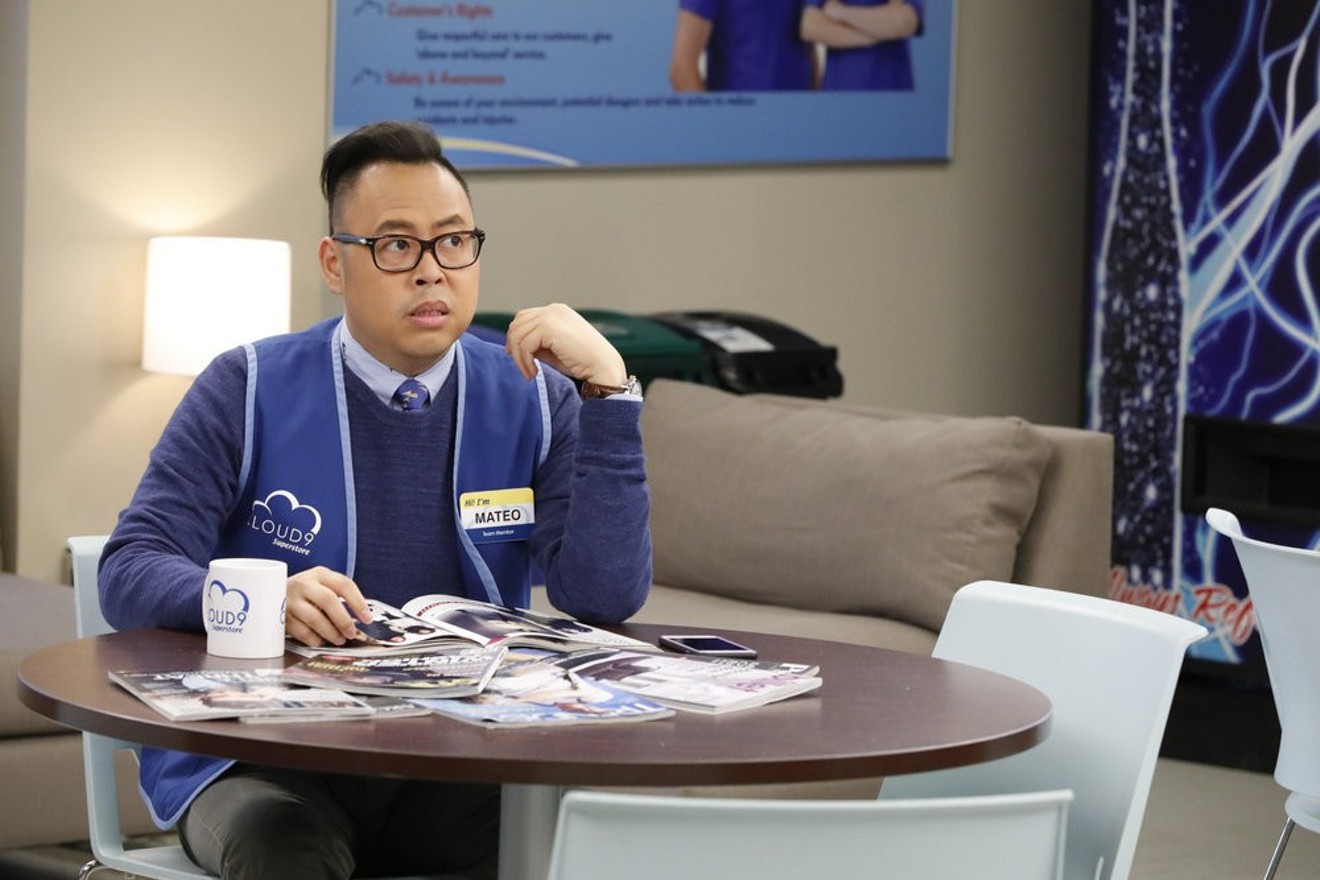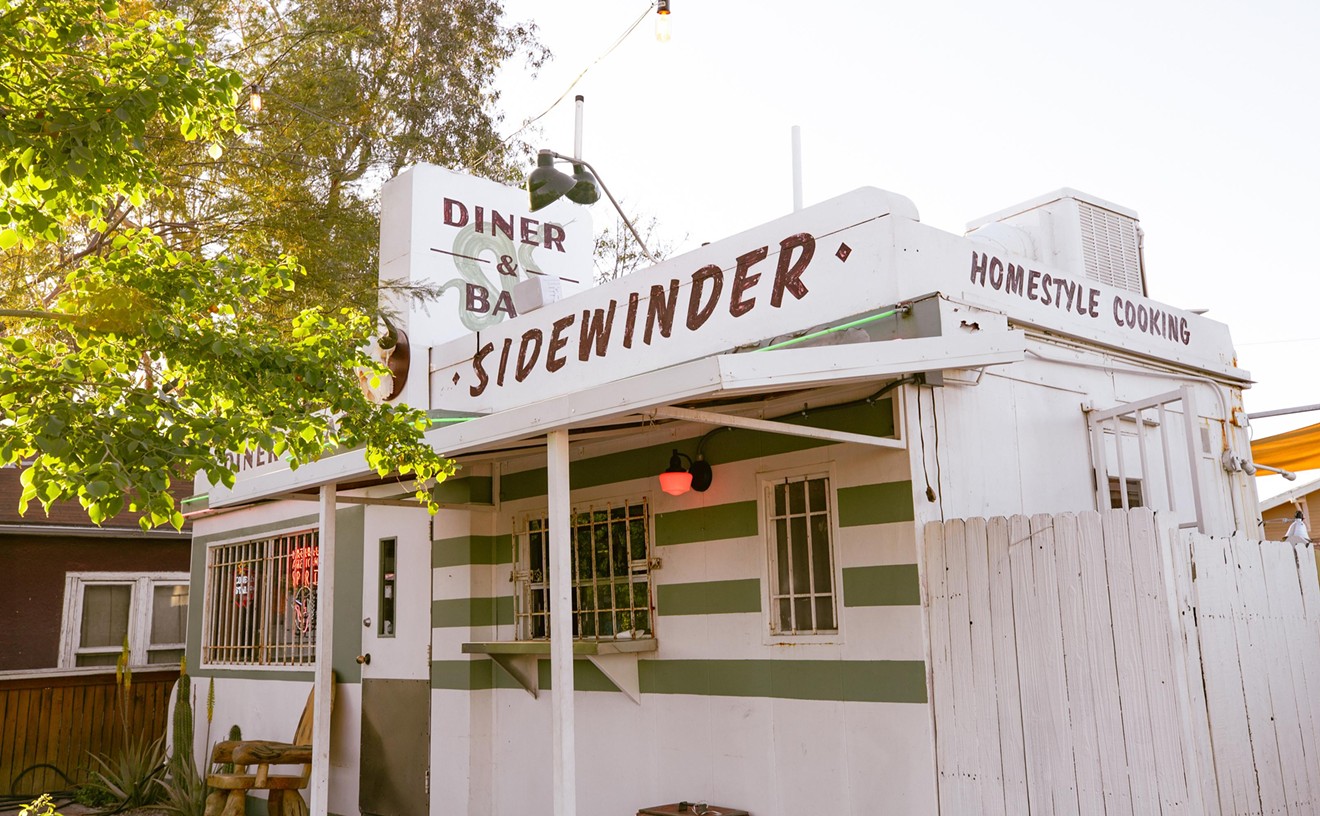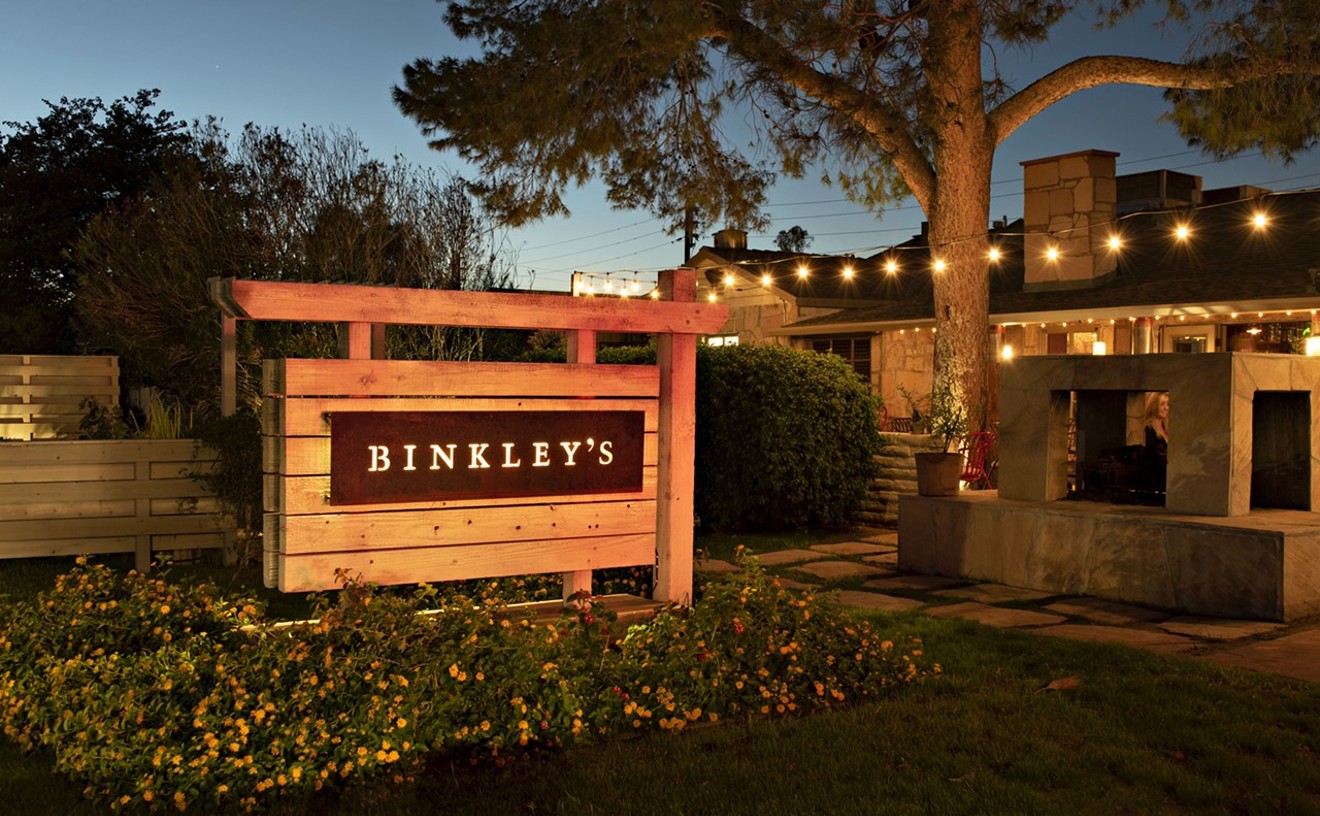Superstore airs on NBC.
Walmart has been America’s largest private employer since 1999. And so when NBC’s Superstore, a workplace comedy set at a Walmart-like emporium, debuted in late 2015, it felt long overdue. Superstore shares a great number of commonalities with The Office (also NBC), especially in its characters: Here’s a well-meaning but clueless manager, a power-hungry martinet of a deputy, a slow-simmering will-they-or-won’t-they romance, and a flock of odd birds whose contributions to the business at hand are frequently questionable. Meta-textually, the passing of the baton from The Office to Superstore tracks the real-life decline of middle-class, white-collar professions. Superstore often feels like an admission: For many Americans, jobs only come with blue vests.
And yet, in a different light, Superstore offers one of TV’s most promising and progressive visions of our country. No other series even attempts to capture the tremendous variety within Asian America, much less to do so unassumingly. Netflix’s Master of None and ABC’s Fresh Off the Boat are the programs we most readily associate with Asian-American progress on television, and to their credit, both shows break ground in their own ways. Unlike those series, Superstore“One of us will bring in a skeleton of a song. Maybe it’s missing a bridge, or maybe we’re unsure of the words. Then everyone else chimes in with ideas, and we build around it,” explains Pares about the process. doesn’t center on an Asian-American lead; America Ferrera plays its Honduran-American protagonist, Amy. But it deserves recognition and praise not only for creating new types of Asian American characters, but for challenging our notions about who gets to count as “all-American.”
Quick: Name a gay Asian character on TV who’s a series regular (i.e., not a guest star). Currently, we’ve got Darren Criss’s spree murderer, Andrew Cunanan, in American Crime Story: The Assassination of Gianni Versace — so, you know, a racially self-loathing killer of five — and Nico Santos’s Mateo Liwanag on Superstore. Other qualities also define Mateo: his Filipino heritage, his undocumented status and his pathological need to one-up everyone. But Mateo isn’t notable just because he’s rare and pioneering even in a TV landscape that’s being lauded for its diversity. He’s also allowed to be a character whose storylines reflect real people’s lives, in that sometimes his identity categories are painfully relevant to the issue of the week, and sometimes he’s just another person trying to get through the day.
Superstore has smartly and deftly taken this tack for all its characters. Amy’s Honduran ethnicity, for example, has occasionally proved crucial to the story, as when she’s uncomfortable with another Latina employee’s decision to fake a Speedy Gonzalez accent to sell more salsa to white customers. Similarly, Mateo has had to give up a desperately wanted promotion to keep his immigration status under wraps, as well as explain to his culturally myopic manager (Mark McKinney) why he roots for the Philippines instead of the U.S. during the Olympics. But other storylines simply riff off his glorious pettiness or his gossip-based friendship with teen mom Cheyenne Lee (Nichole Bloom). That Mateo often flirts with unlikability (he gets a little too competitive with his peers) or absurdity (he dresses in whiteface to assume the identity of a dead co-worker — long story, watch the show!) suggests a cultural advancement, too. Superstore doesn’t bother sanding down Mateo’s edges, instead taking it for granted that viewers will consider Mateo an individual, not a series of Otherness categories that the writers have to render palatable. (It helps that Santos is memorably funny in a cast stacked with comic talent.)
Mateo is Superstore’s most novel Asian-American character, but it’s really the totality of the Asian-American and Pacific Islander characters that makes the show unique. Working alongside Mateo are fellow Asian-Americans who unobtrusively challenge the most common stereotype about AAPI: the model-minority myth. Mateo’s strong Filipino ties and professional ambitions find their diametric opposite in the mixed-race Cheyenne’s ethnic ambiguity and economically needy drudgery. And if Cheyenne is a ditz, she’s armed with a great deal of emotional intelligence. (Married to an unpromising white rapper, Cheyenne exhibits no sense of racial identity; Bloom is of Japanese and Irish descent.) And if Cheyenne is a ditz, she’s armed with a great deal of emotional intelligence. Quiet and serious, the no-nonsense Brett Kobashigawa (Jon Miyahara) and the shy Sandra Kaluiokalani (Kaliko Kauahi) initially veer toward racial stereotype in the earliest episodes. In contrast to so many Asian-American supporting players, Miyahara usually gets to be in on the joke, becoming over the show’s run a comic mime in one of the sitcom’s many silent background visual gags. He’s usually seen cleaning up spills or restocking items, underscoring the silliness of various characters’ struggles. When Cheyenne’s dopey then-fiancé and pervy English teacher get into a tussle in the shampoo aisle, his nonplussed instinct to place the fallen bottles back on the shelves seems like all the commentary that the fight deserves.
Arguably the most distinct of Superstore’s characters is Sandra, a Hawaii native with a penchant for lying. Unlike Brett, whose dedication to his job earns him the respect of his colleagues, Sandra evinces no such diligence. (When she discovers a dead mouse stuck to a glue trap under a shelf, she puts it back where she found it.) As a character, Sandra truly came alive when she started making up stories about dating Jeff, her boss’s boss (who was actually secretly dating Mateo). Superstore is often hilarious, but I suspect that it’ll never top Sandra’s description of Jeff’s seduction: “He pulled me into his Kia, and he said to me, ‘Sandra, take out your taters.’” Naturally, the other women at the store treat this like Fifty Spuds of Grey.
Sandra faked an affair with Jeff for her co-workers until she couldn’t anymore, then became involved in an actual romantic soap opera when her new boyfriend, Jerry (Chris Grace), fell into a coma. She’s also forced to deal with co-workers’ misapprehensions about her ethnic background. (“I just thought that, during the Olympics, it'd be fun to pretend that we're all American. Even you, Sandra.” “I'm from Hawaii.”) Such incidents of microaggression feel true to the kind of annoying bullshit faced by a woman of color from a poorly understood heritage. But by slowly revealing Sandra as the fantastically strange misfit that she is — not unlike the transformation that Mindy Kaling’s narcissistic chatterbox Kelly Kapoor underwent between the first two seasons of The Office — Superstore expands TV’s view of what a sympathetic female eccentric can look like. It’s a small but significant step forward, especially when many other prestige feminist series — including Crazy Ex-Girlfriend, You’re the Worst, Portlandia and Unbreakable Kimmy Schmidt — have mostly reserved unconventionality for white women.
Even with diversity as prestige TV’s current watchword, it’s difficult to imagine another show soon depicting four such varied Asian-American characters. But perhaps Superstore’s greatest reimagining of Asian America — and, perhaps, the vision we need most in these xenophobic, openly racist times — is one in which Americans of Asian descent are seen on TV doing exactly the kind of work many of us do in real life. To those compatriots who still see us only as foreigners, I must ask: What’s more American than working retail for a corporate behemoth with people you can sort of stand, but who turn out to be way weirder than you could've ever imagined?
[
{
"name": "Air - MediumRectangle - Inline Content - Mobile Display Size",
"component": "18478561",
"insertPoint": "2",
"requiredCountToDisplay": "2"
},{
"name": "Editor Picks",
"component": "16759093",
"insertPoint": "4",
"requiredCountToDisplay": "1"
},{
"name": "Inline Links",
"component": "17980324",
"insertPoint": "8th",
"startingPoint": 8,
"requiredCountToDisplay": "7",
"maxInsertions": 25
},{
"name": "Air - MediumRectangle - Combo - Inline Content",
"component": "16759092",
"insertPoint": "8th",
"startingPoint": 8,
"requiredCountToDisplay": "7",
"maxInsertions": 25
},{
"name": "Inline Links",
"component": "17980324",
"insertPoint": "8th",
"startingPoint": 12,
"requiredCountToDisplay": "11",
"maxInsertions": 24
},{
"name": "Air - Leaderboard Tower - Combo - Inline Content",
"component": "16759094",
"insertPoint": "8th",
"startingPoint": 12,
"requiredCountToDisplay": "11",
"maxInsertions": 24
}
]











